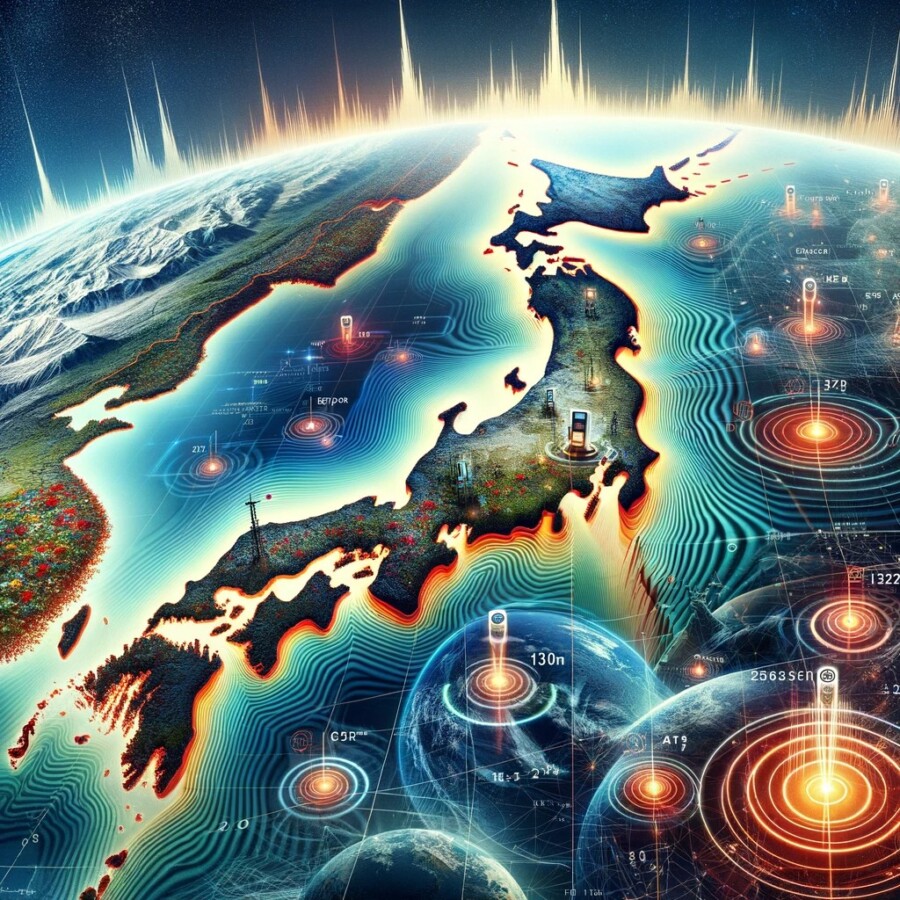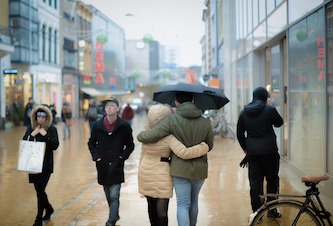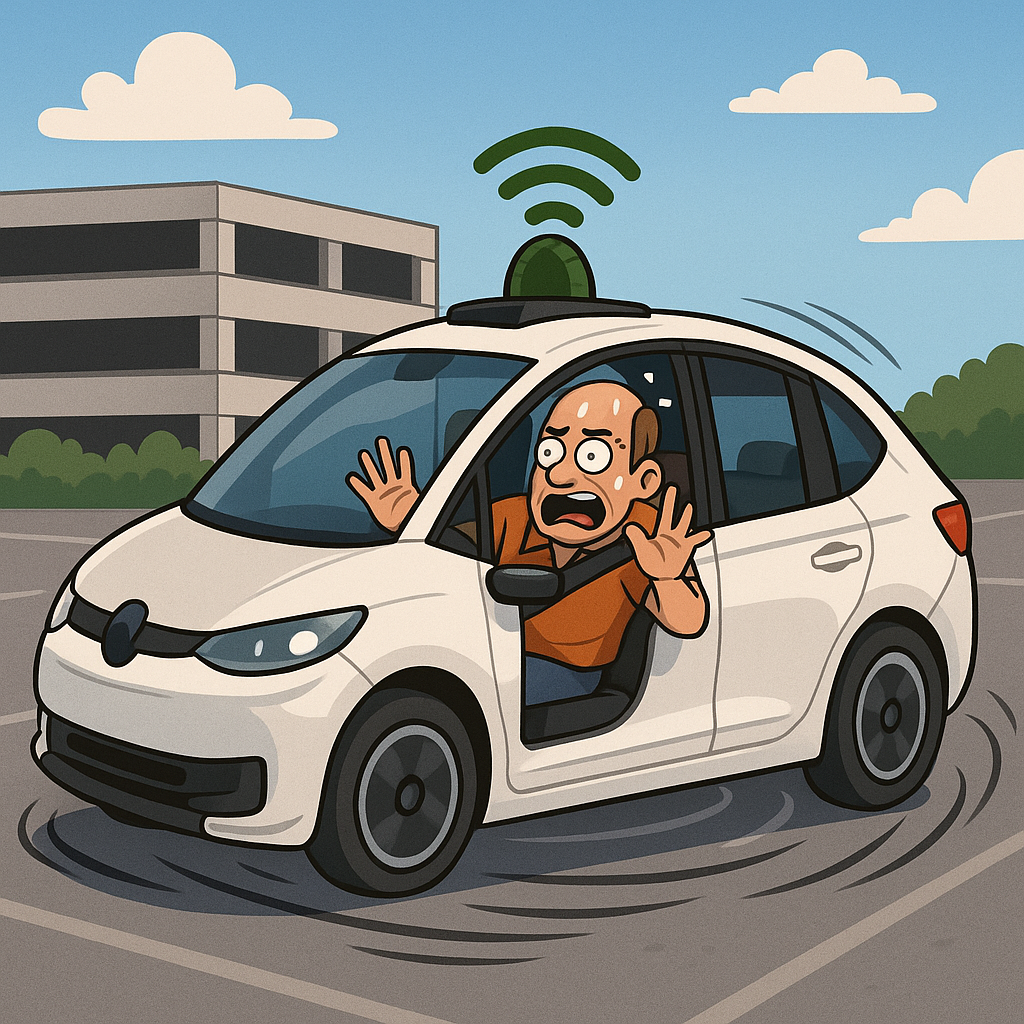Big earthquakes in Japan made the ground move a lot. The ground went up more than 13 feet high in some places and moved sideways over 3 feet. Japan has special tools that tell us how much the ground moves when there is an earthquake. Pictures from space also showed that the ground went up because of the shaking.
Not many people died because of these big shakes. Japan is very good at getting ready for earthquakes. The country is where four big pieces of the Earth’s crust meet, so it shakes a lot. Buildings in Japan are made very strong, and people know what to do when the ground shakes. Japan also has a system that tells people on TV, radio, and phones that an earthquake is coming very soon.
Japan’s earthquakes don’t kill as many people as in other places because they are ready. A big earthquake in Turkey killed 50,000 people, and one in Haiti killed over 100,000 people. Japan spends money to make sure buildings are safe and has a system that warns people early, so not as many people get hurt when there are earthquakes.
Original news source: How Japan’s big quake shifted the land (BBC)
🎧 Listen:
Slow
Normal
Fast
📖 Vocabulary:
| 1 | earthquakes | When the ground shakes because of energy coming from deep inside the Earth |
| 2 | sideways | Moving to the left or right, not straight forward or backward |
| 3 | tools | Things we use to fix problems or to find out information |
| 4 | space | The place above the Earth where the stars and planets are |
| 5 | crust | The hard outer layer of the Earth |
| 6 | system | A set of things or rules that work together to do a job |
| 7 | buildings | Places where people live, work, or go to school, like houses or schools |
| 8 | radio | A machine we use to listen to music, news, and talk shows |
| 9 | warns | Tells you that something bad might happen soon |
| 10 | Turkey | A country that is far away and has a lot of history |
| 11 | Haiti | Another country that is on an island in the sea |
| 12 | spends | Uses money to buy things or to pay for things to be done |
Group or Classroom Activities
Warm-up Activities:
– Charades
Instructions: Divide the class into small groups. Give each group a set of vocabulary words related to earthquakes (e.g. earthquake, ground shaking, Japan, buildings, etc.). One person from each group will act out a word without speaking, while the others in the group try to guess the word. The group that guesses the most words correctly wins.
– News Summary
Instructions: In pairs, have students read the article and summarize the main points in their own words. Then, have them share their summaries with another pair and compare their responses. Finally, as a class, discuss the main points of the article and any questions or clarifications that may arise.
– Opinion Poll
Instructions: Divide the class into small groups. Have each group come up with a question related to the article (e.g. Do you think Japan’s earthquake preparedness is effective? Should other countries invest more in earthquake safety measures?). Each group will then conduct an opinion poll within the class, asking their question and recording the responses. Afterward, each group can present their findings to the class and facilitate a discussion based on the results.
– Vocabulary Pictionary
Instructions: Write a list of vocabulary words related to earthquakes on the board. Divide the class into two teams. One person from each team will choose a word and draw it on the board while their team tries to guess the word. The team that guesses the most words correctly within a given time limit wins.
– Future Predictions
Instructions: In pairs, have students discuss and make predictions about the future of earthquake preparedness in Japan and other countries. They can use the information from the article as well as their own ideas. Afterward, have pairs share their predictions with the class and engage in a discussion about the potential challenges and improvements in earthquake preparedness.
🤔 Comprehension Questions:
1. What happened to the ground during the big earthquakes in Japan?
2. How high did the ground go up in some places during the earthquakes?
3. How far did the ground move sideways during the earthquakes?
4. How does Japan know how much the ground moves during earthquakes?
5. Why didn’t many people die because of the earthquakes in Japan?
6. Why are buildings in Japan made very strong?
7. How does Japan warn people that an earthquake is coming soon?
Go to answers ⇩
🎧✍️ Listen and Fill in the Gaps:
Big (1)______s in (2)______ made the ground move a lot. The ground went up more than 13 feet high in some places and moved sideways over 3 feet. Japan has special tools that tell us how much the ground moves when there is an earthquake. (3)______ from space also showed that the ground (4)______ up because of the shaking.
Not many people died because of these big shakes. Japan is very good at getting ready for (5)______. The country is where four big pieces of the Earth’s crust (6)______, so it shakes a lot. Buildings in Japan are (7)______ very strong, and people (8)______ what to do when the ground shakes. Japan also has a system that tells people on TV, radio, and phones that an earthquake is coming very soon.
Japan’s earthquakes don’t (9)______ as many people as in other places because they are ready. A big earthquake in Turkey killed 50,000 (10)______, and one in Haiti killed over 100,000 people. Japan spends money to (11)______ sure buildings are safe and has a system that warns people early, so not as many people get (12)______ when there are earthquakes.
Go to answers ⇩
💬 Discussion Questions:
Students can ask a partner these questions, or discuss them as a group.
1. What is an earthquake?
2. How would you feel if you were in Japan during an earthquake?
3. Do you like living in a place where there are earthquakes?
4. Do you think it is important to have strong buildings in earthquake-prone areas? Why or why not?
5. How do you think the special tools in Japan measure how much the ground moves during an earthquake?
6. Why do you think Japan spends money to make sure buildings are safe?
7. Have you ever experienced an earthquake? If so, what was it like?
8. What do you think it means when the article says that Japan is “very good at getting ready for earthquakes”?
9. How do you think the system in Japan that warns people about earthquakes works?
10. Do you think it is scary to receive a warning about an earthquake? Why or why not?
11. How do you think the people in Japan know what to do when the ground shakes?
12. Why do you think Japan’s earthquakes don’t kill as many people as in other places?
Individual Activities
📖💭 Vocabulary Meanings:
Match each word to its meaning.
Words:
1. earthquakes
2. sideways
3. tools
4. space
5. crust
6. system
7. buildings
8. radio
9. warns
10. Turkey
11. Haiti
12. spends
Meanings:
(A) Places where people live, work, or go to school, like houses or schools
(B) Moving to the left or right, not straight forward or backward
(C) The hard outer layer of the Earth
(D) The place above the Earth where the stars and planets are
(E) A country that is far away and has a lot of history
(F) Uses money to buy things or to pay for things to be done
(G) When the ground shakes because of energy coming from deep inside the Earth
(H) Another country that is on an island in the sea
(I) Things we use to fix problems or to find out information
(J) Tells you that something bad might happen soon
(K) A set of things or rules that work together to do a job
(L) A machine we use to listen to music, news, and talk shows
Go to answers ⇩
🔡 Multiple Choice Questions:
1. What do special tools in Japan tell us about earthquakes?
(a) How deep the earthquake is
(b) What time the earthquake will happen
(c) How much the ground moves
(d) How many people will be affected by the earthquake
2. Why did the ground go up in Japan during the earthquakes?
(a) Because of the shaking
(b) Because of the strong buildings
(c) Because of the warning system
(d) Because of the pictures from space
3. Why don’t many people die in earthquakes in Japan?
(a) Because Japan has a lot of earthquakes
(b) Because Japan has tall buildings
(c) Because Japan has a warning system for tsunamis
(d) Because Japan is good at getting ready for earthquakes
4. Which country had a big earthquake that killed 50,000 people?
(a) Turkey
(b) Japan
(c) Haiti
(d) Russia
5. What does Japan spend money on to make sure buildings are safe?
(a) Building more buildings
(b) Making the buildings strong
(c) Buying special tools to measure earthquakes
(d) Sending warnings to people’s phones
6. What does Japan have that warns people when an earthquake is coming?
(a) A system of strong buildings
(b) A system on TV, radio, and phones
(c) A system of special tools
(d) A system of pictures from space
7. How high did the ground go up in some places during the earthquakes?
(a) More than 3 feet
(b) More than 50 feet
(c) More than 13 feet
(d) More than 100 feet
8. Which country had a big earthquake that killed over 100,000 people?
(a) Turkey
(b) Japan
(c) Russia
(d) Haiti
Go to answers ⇩
🕵️ True or False Questions:
1. Pictures from space confirmed that the ground went up due to the shaking.
2. Buildings in Japan are constructed to be very strong to withstand earthquakes.
3. Big earthquakes in Japan caused the ground to move up and sideways.
4. Japan is not located where four big pieces of the Earth’s crust meet, which causes frequent earthquakes.
5. Japan does not have a system that warns people through TV, radio, and phones when an earthquake is about to occur.
6. Japan does not have special tools to measure how much the ground moves during an earthquake.
7. People in Japan are not knowledgeable about what to do when the ground shakes.
8. Despite the strong shaking, not many people died in Japan because the country is well-prepared for earthquakes.
Go to answers ⇩
📝 Write a Summary:
Write a summary of this news article in two sentences.
Check your writing now with the best free AI for English writing!
Writing Questions:
Answer the following questions. Write as much as you can for each answer.
Check your answers with our free English writing assistant!
1. What happened to the ground during the big earthquakes in Japan?
2. How did Japan know how much the ground moved during the earthquakes?
3. Why didn’t many people die because of the earthquakes in Japan?
4. Can you think of any other countries that have had big earthquakes?
5. What does Japan do to make sure people are safe during earthquakes?
✅ Answers
🤔✅ Comprehension Question Answers:
1. What happened to the ground during the big earthquakes in Japan?
The ground moved a lot during the earthquakes in Japan.
2. How high did the ground go up in some places during the earthquakes?
The ground went up more than 13 feet high in some places during the earthquakes.
3. How far did the ground move sideways during the earthquakes?
The ground moved sideways over 3 feet during the earthquakes.
4. How does Japan know how much the ground moves during earthquakes?
Japan has special tools that tell us how much the ground moves during earthquakes. Pictures from space also showed that the ground went up because of the shaking.
5. Why didn’t many people die because of the earthquakes in Japan?
Not many people died because Japan is very good at getting ready for earthquakes. They have strong buildings and people know what to do when the ground shakes. Japan also has a system that warns people on TV, radio, and phones when an earthquake is coming very soon.
6. Why are buildings in Japan made very strong?
Buildings in Japan are made very strong to withstand earthquakes. Japan spends money to make sure buildings are safe.
7. How does Japan warn people that an earthquake is coming soon?
Japan warns people that an earthquake is coming soon through a system that sends alerts on TV, radio, and phones.
Go back to questions ⇧
🎧✍️✅ Listen and Fill in the Gaps Answers:
(1) earthquake
(2) Japan
(3) Pictures
(4) went
(5) earthquakes
(6) meet
(7) made
(8) know
(9) kill
(10) people
(11) make
(12) hurt
Go back to questions ⇧
📖💭✅ Vocabulary Meanings Answers:
1. earthquakes
Answer: (G) When the ground shakes because of energy coming from deep inside the Earth
2. sideways
Answer: (B) Moving to the left or right, not straight forward or backward
3. tools
Answer: (I) Things we use to fix problems or to find out information
4. space
Answer: (D) The place above the Earth where the stars and planets are
5. crust
Answer: (C) The hard outer layer of the Earth
6. system
Answer: (K) A set of things or rules that work together to do a job
7. buildings
Answer: (A) Places where people live, work, or go to school, like houses or schools
8. radio
Answer: (L) A machine we use to listen to music, news, and talk shows
9. warns
Answer: (J) Tells you that something bad might happen soon
10. Turkey
Answer: (E) A country that is far away and has a lot of history
11. Haiti
Answer: (H) Another country that is on an island in the sea
12. spends
Answer: (F) Uses money to buy things or to pay for things to be done
Go back to questions ⇧
🔡✅ Multiple Choice Answers:
1. What do special tools in Japan tell us about earthquakes?
Answer: (c) How much the ground moves
2. Why did the ground go up in Japan during the earthquakes?
Answer: (a) Because of the shaking
3. Why don’t many people die in earthquakes in Japan?
Answer: (d) Because Japan is good at getting ready for earthquakes
4. Which country had a big earthquake that killed 50,000 people?
Answer: (a) Turkey
5. What does Japan spend money on to make sure buildings are safe?
Answer: (b) Making the buildings strong
6. What does Japan have that warns people when an earthquake is coming?
Answer: (b) A system on TV, radio, and phones
7. How high did the ground go up in some places during the earthquakes?
Answer: (c) More than 13 feet
8. Which country had a big earthquake that killed over 100,000 people?
Answer: (d) Haiti
Go back to questions ⇧
🕵️✅ True or False Answers:
1. Pictures from space confirmed that the ground went up due to the shaking. (Answer: True)
2. Buildings in Japan are constructed to be very strong to withstand earthquakes. (Answer: True)
3. Big earthquakes in Japan caused the ground to move up and sideways. (Answer: True)
4. Japan is not located where four big pieces of the Earth’s crust meet, which causes frequent earthquakes. (Answer: False)
5. Japan does not have a system that warns people through TV, radio, and phones when an earthquake is about to occur. (Answer: False)
6. Japan does not have special tools to measure how much the ground moves during an earthquake. (Answer: False)
7. People in Japan are not knowledgeable about what to do when the ground shakes. (Answer: False)
8. Despite the strong shaking, not many people died in Japan because the country is well-prepared for earthquakes. (Answer: True)
Go back to questions ⇧















